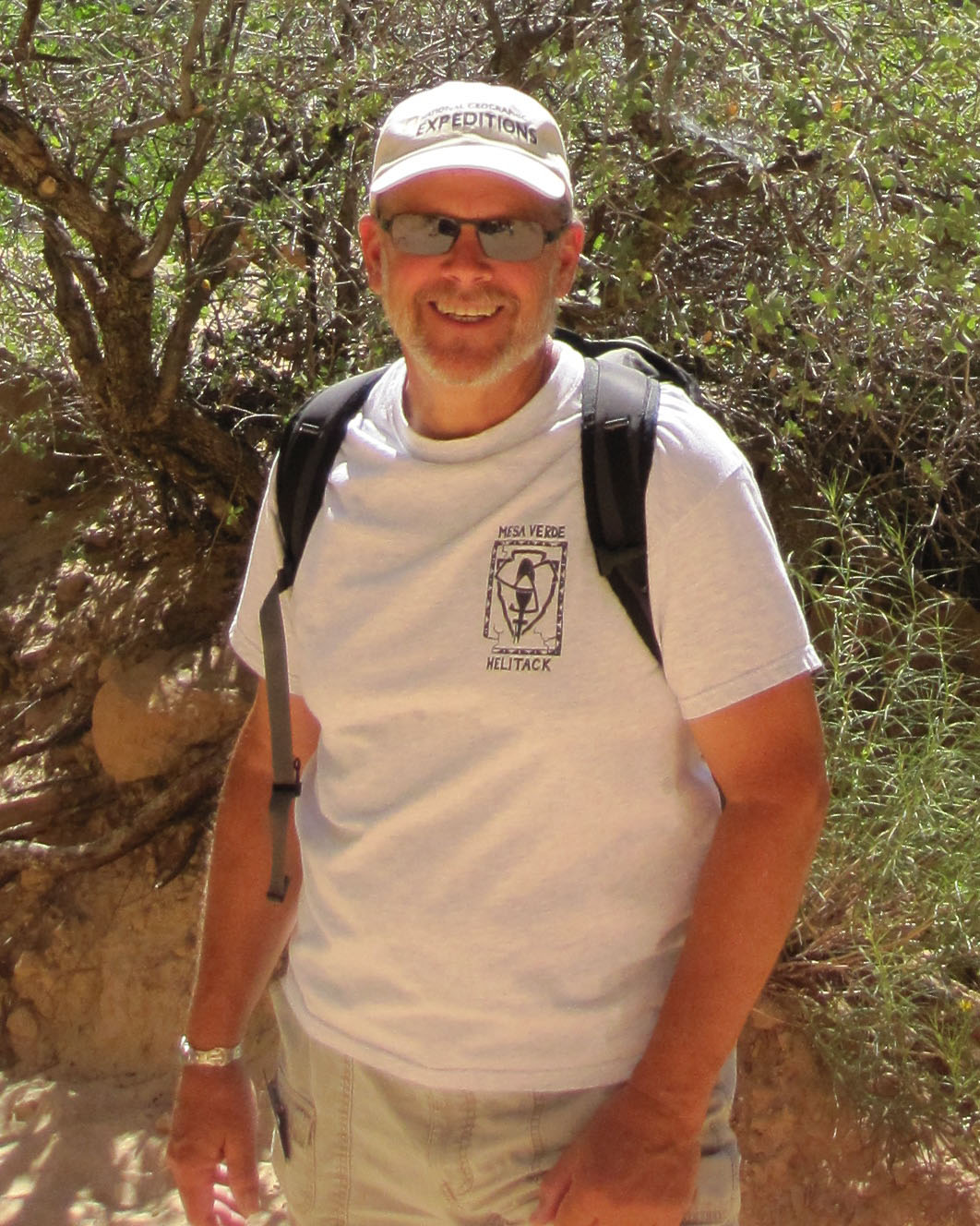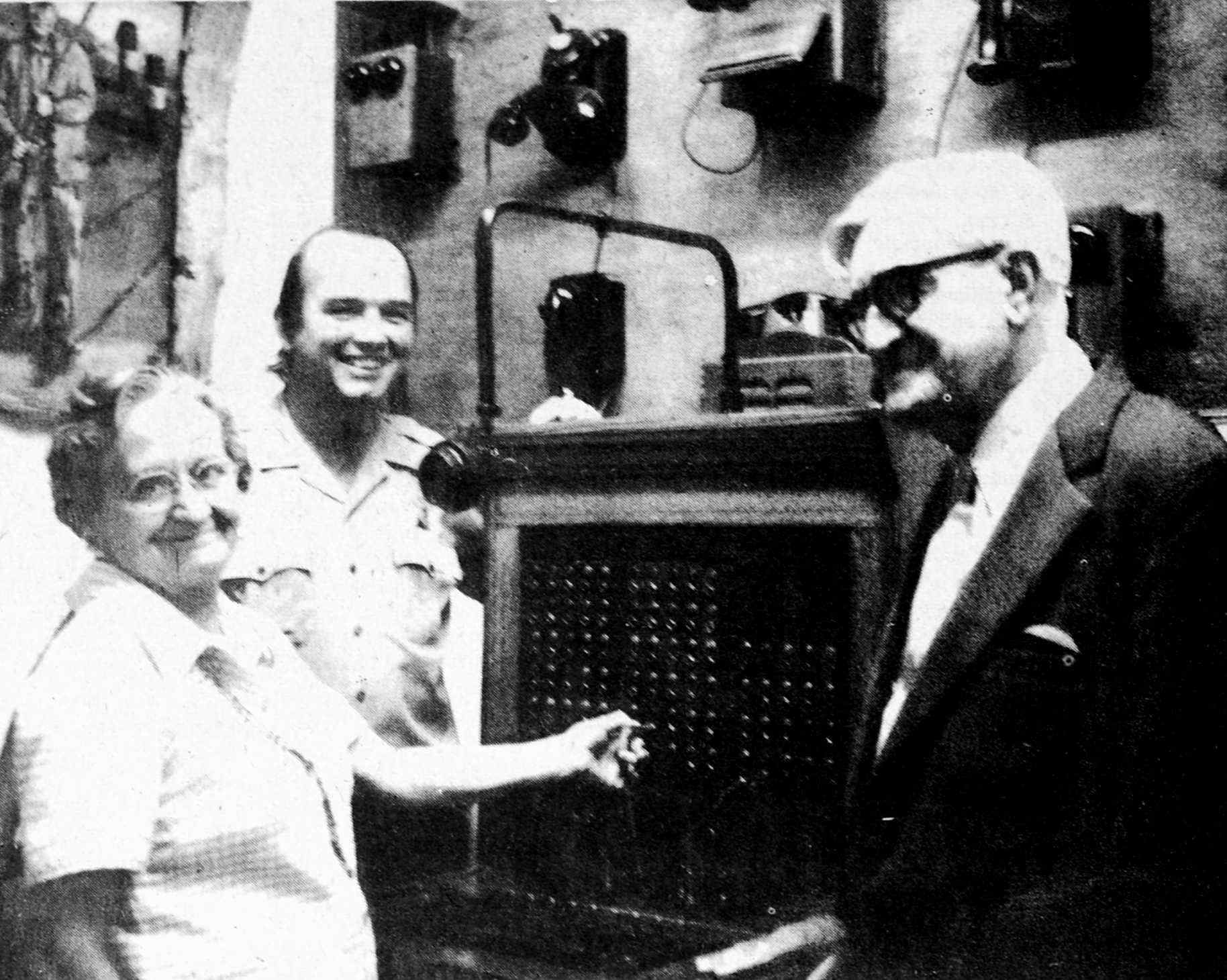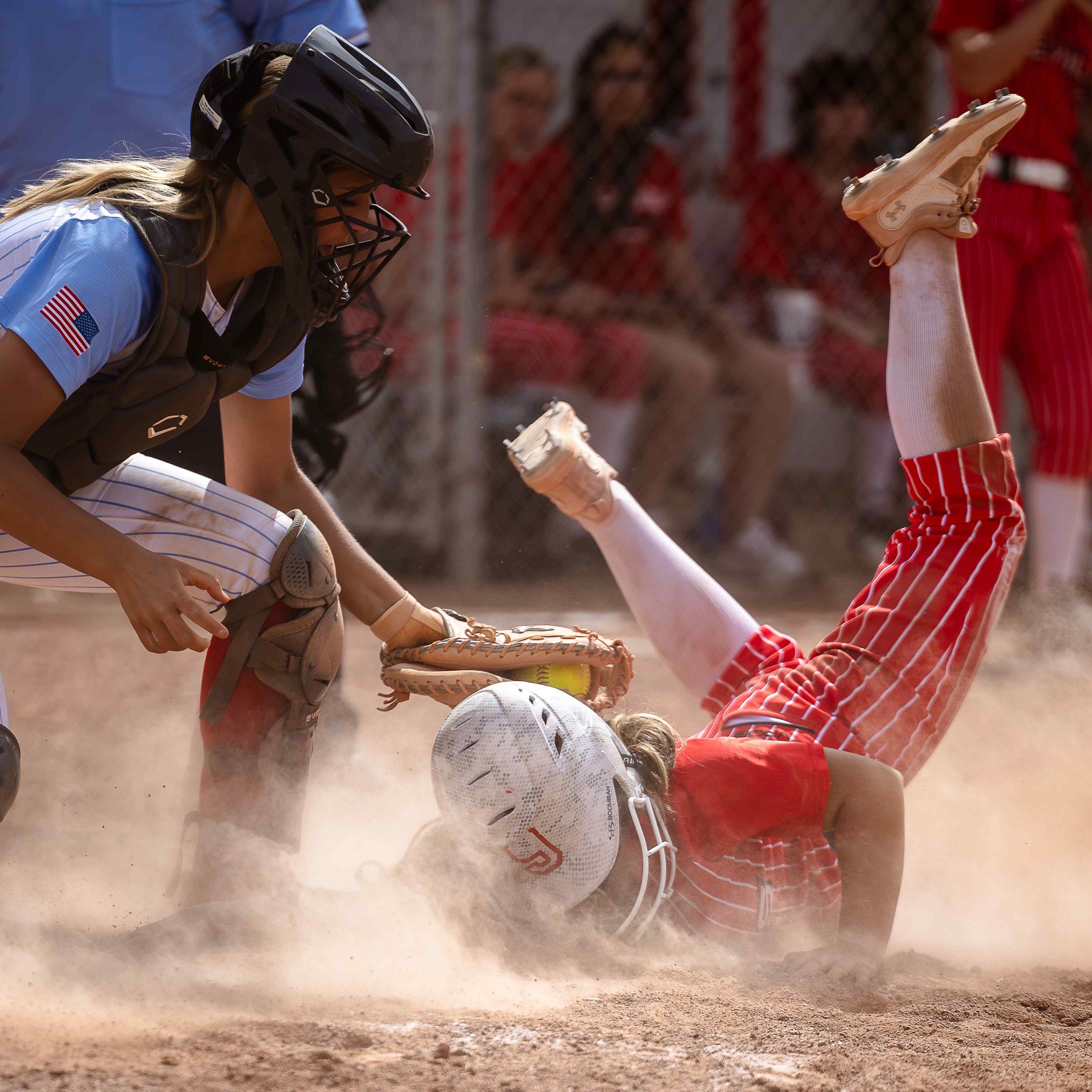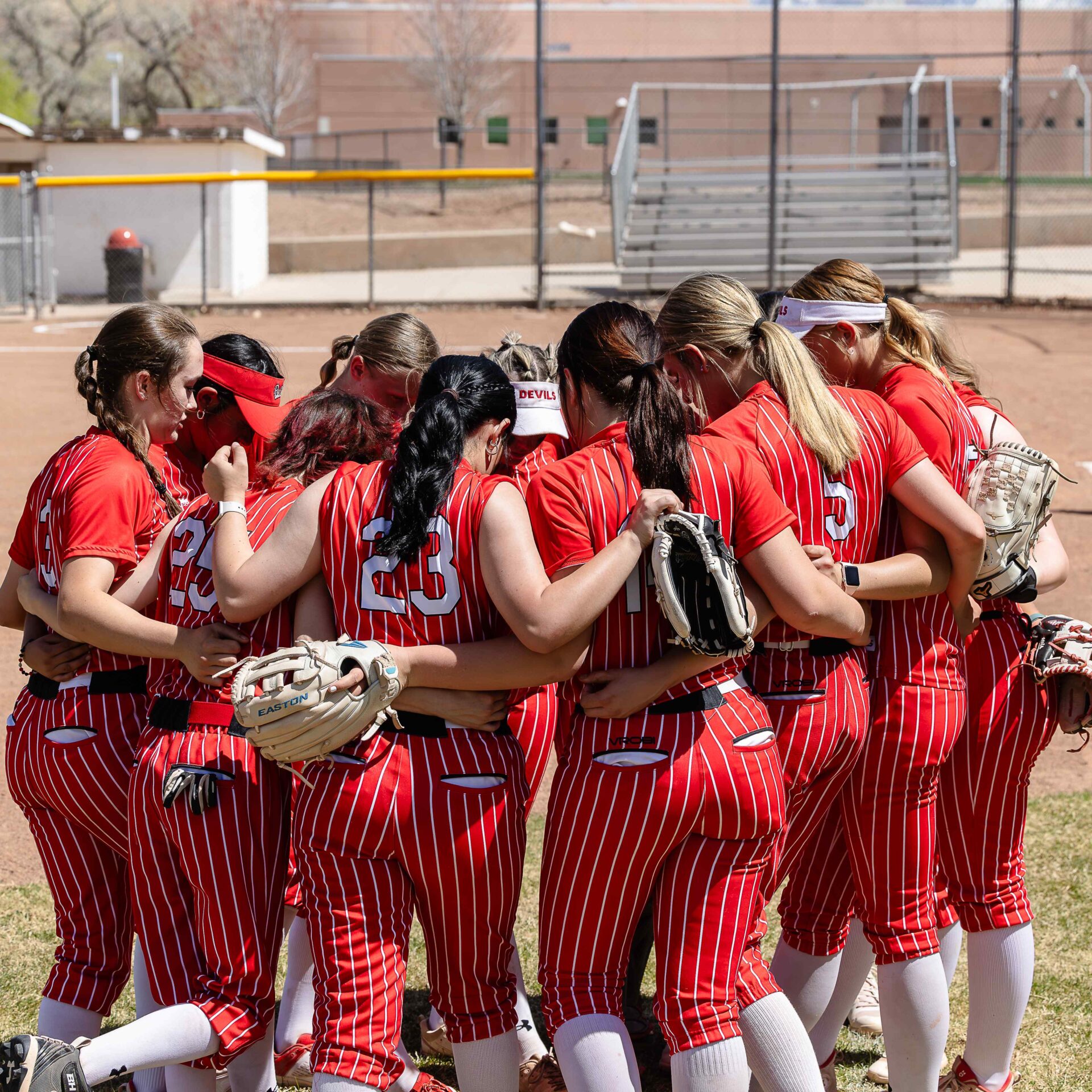More than a century after the one-armed John Wesley Powell led a ragtag group of untrained river runners down the Colorado River through the Grand Canyon, his legacy is still relevant, according to John Ninnemann.
The naturalist and retired academic will focus on that legacy during a presentation at the Moab Information Center on Thursday, July 16, at 6 p.m.
People thought that Powell was crazy, when, in 1868, he led a group of 10 men down the river in four wooden boats.
“Powell was a major presence in our part of the world,” Ninnemann said. “A lot of people know a little about his epic trips in the canyon, but don’t know his political importance later on in life in Washington.”
Powell was known for his relationships with American Indians; for becoming the first director of the Bureau of Ethnology at the Smithsonian Institute; and for testifying before U.S. Congress on water policies, Ninnemann said.
There’s nothing more relevant today than water policy, said Ninnemann, who retired from his position as dean of arts and sciences at Fort Lewis College in Durango, Colorado, where for 10 years he taught an honors class about the explorer. One of his favorite books on Powell is “Down the Great Unknown” by Edward Dolmik.
“Powell was an interesting guy; that book goes into some side issues – his participation in the Civil War where he lost his right arm, and (the reason for) his interest in Indians,” Ninnemann said.
“No one had ever done these trips before; they were untrained men – most of them Civil War vets in an area they had never been before. Many thought they were crazy. They had no experience running rivers.”
A group with their lack of experience would never be given a permit to run the river these days, Ninnemann said.
Since his retirement from academia, Ninnemann has worked for a Montana company called Off the Beaten Path, as a guide for weeklong hiking and river trips. He leads trips for the National Geographic Society, the Smithsonian, and the National Parks Conservation Association.
He’s also led hikes for the Canyonlands Natural History Association, a nonprofit organization that assists the scientific and educational efforts of the National Park Service, Bureau of Land Management (BLM), and the U.S. Forest Service in southeast Utah. Ninnemann is a board member of CNHA.
“We are so lucky to have John Ninnemann on our CNHA board of directors,” MIC manager Sharon Kienzle said. “He’s amazing.”
The Canyonlands Natural History Association leases the Grand County-owned Moab Information Center building. A bookstore at the center sells maps, guide books, local history publications, books on national parks, postcards, T-shirts, caps and more. Profits go toward supporting public lands, Kienzle said.
In August, Ninnemann will lead a naturalist interpretation on a three-day raft trip on the Colorado River through Cataract Canyon and Arches and Canyonlands national parks. Ninnemann will not be rowing, although he and his wife enjoy running rivers, he said.
“It is part of the fascination with Powell, and seeing what he saw,” Ninnemann said.
The free lectures at the Moab Information Center are held most Thursday nights, continuing through Oct. 22. Other presentations have included talks on area wildflowers, paleontology, and presentations by authors such as renowned nature photographer David Muench.
“John Wesley Powell: Down the Great Unknown” is subject of MIC lecture
Thursday, July 16, at 6 p.m.
Where: Moab Information Center, corner of Main and Center streets
Cost: Free
For more information about upcoming MIC lectures, go to www.cnha.org/mic.cfm.




